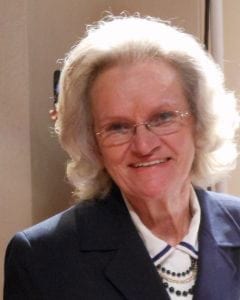We often hear people talking about the stress they are feeling during the holidays, while those in the rare disease community silently think, “You have no idea!”
During this season, when people are greeting others saying, “Happy Holidays,” they might not realize that the holidays are not very happy for some. Rare disease families who deal with stress on a daily basis can feel frustrated when they attempt to join in the festivities of the holiday season. The physical disabilities that many of them have often restrict them from enjoying the same activities that other families take for granted.
While others are gleefully talking about the gifts they will be getting for their children, consider the parent sitting next to a daughter’s sickbed wondering if she will still be alive when that special holiday arrives. Parents may be reluctant to purchase anything until the last minute. Whether that child has been suffering for a very long time, or just went into a sudden decline, it seems that no one is ever really ready to let go. Parents often try to hang on to hope that their child will recover; or at least make it through the holidays.
Think about the little child who is in the hospital wondering if Santa will find him, since he won’t be home in time for Christmas. Think about the parents who aren’t sure what to tell that child. No matter what decorations adorn the halls, it is very difficult for some to be in the hospital at holiday time. Many volunteers do what they can to bring cheer to Children’s Hospitals during the holiday season, but some children are too sick to even know what is going on.
Then there are the heartbroken families facing their first holiday season without the presence of that very precious loved one whose life was taken away by that rare disease for which medical science hasn’t yet found a cure. Unfortunately, there are far too many rare diseases where there are no cures or even successful treatments. While parents are feeling their own grief, they must also try to console the siblings of the one who is no longer with them. They talk about that child gaining angel wings, being out of pain, or being in a better place.
Even when they believe that they will be together again in the next world, the fact that they can no longer hold and hug that special person really hurts.
It can be very difficult to decorate the home with tears in one’s eyes. Some people go through the process for the sake of other family members. Some can’t bring themselves to decorate, as the pain is simply too raw. And they hear people complain about handling the stress of shopping in crowded stores, decorating, finding the “right” tree, planning special meals and visiting with others. They try to get into the spirit, but there are too many memories and too many tears.
Yet, for the sake of those around them, they hide their anguish, pretending all is fine, and they don’t let on just how much they are hurting.
There are parents who have kissed their child for the last time, and are making funeral arrangements instead of planning for the gifts they would buy for that child. Please have compassion for their breaking hearts.







